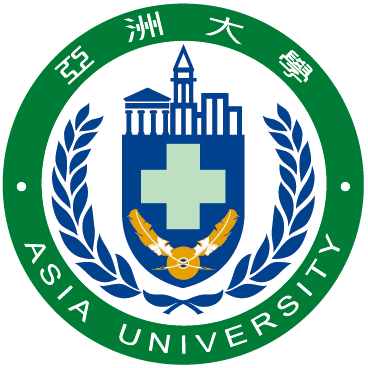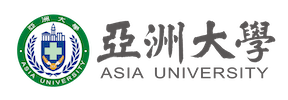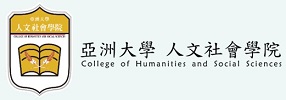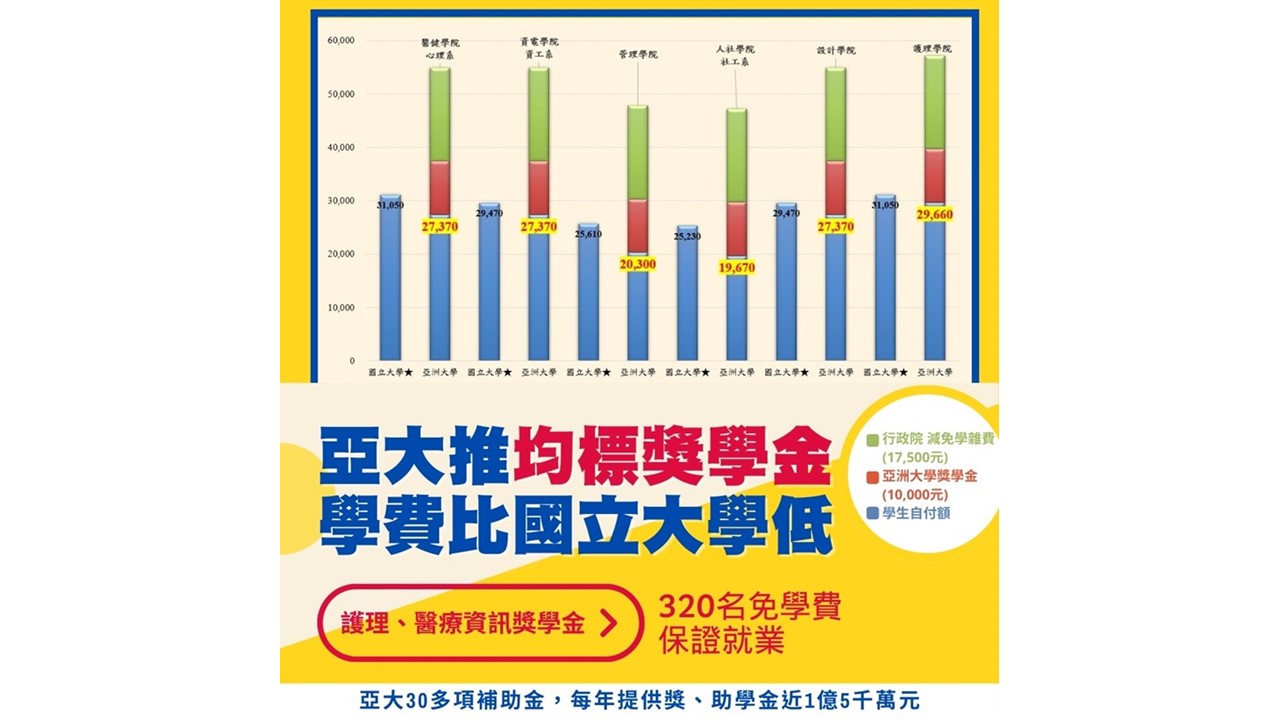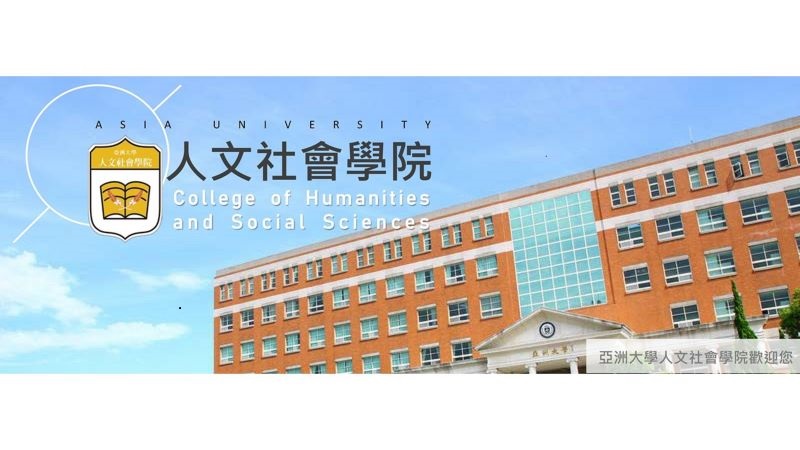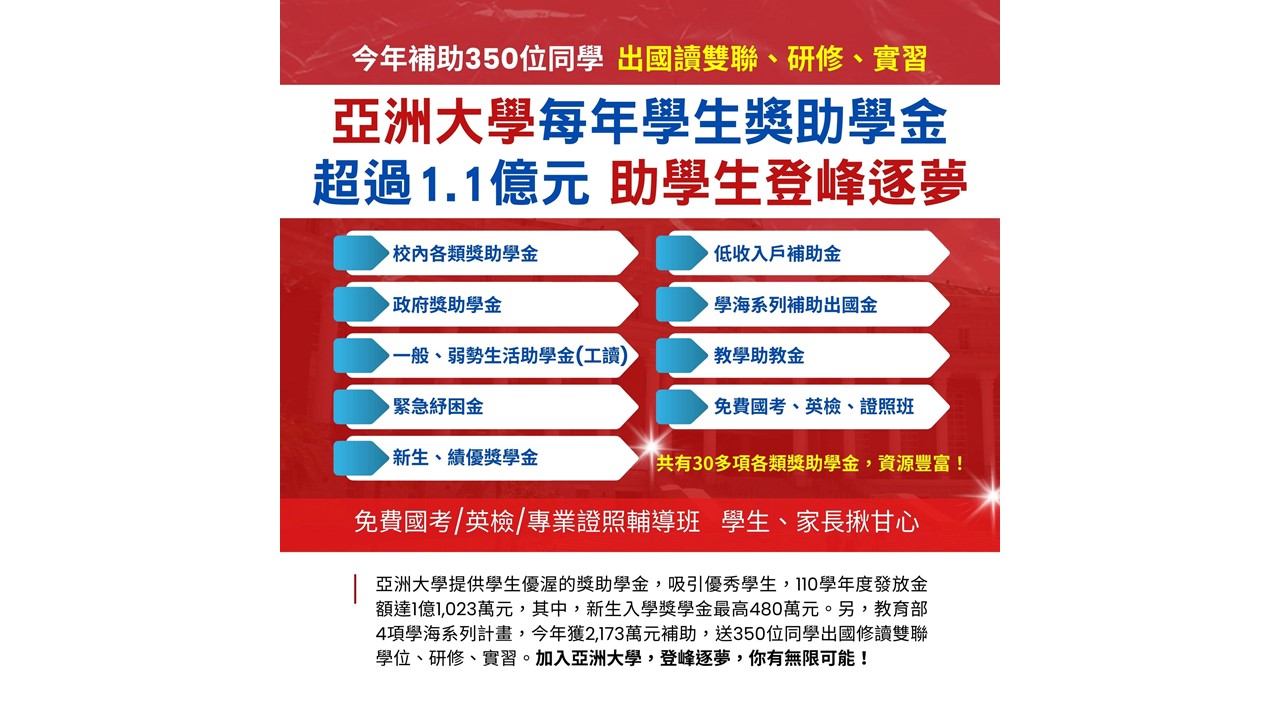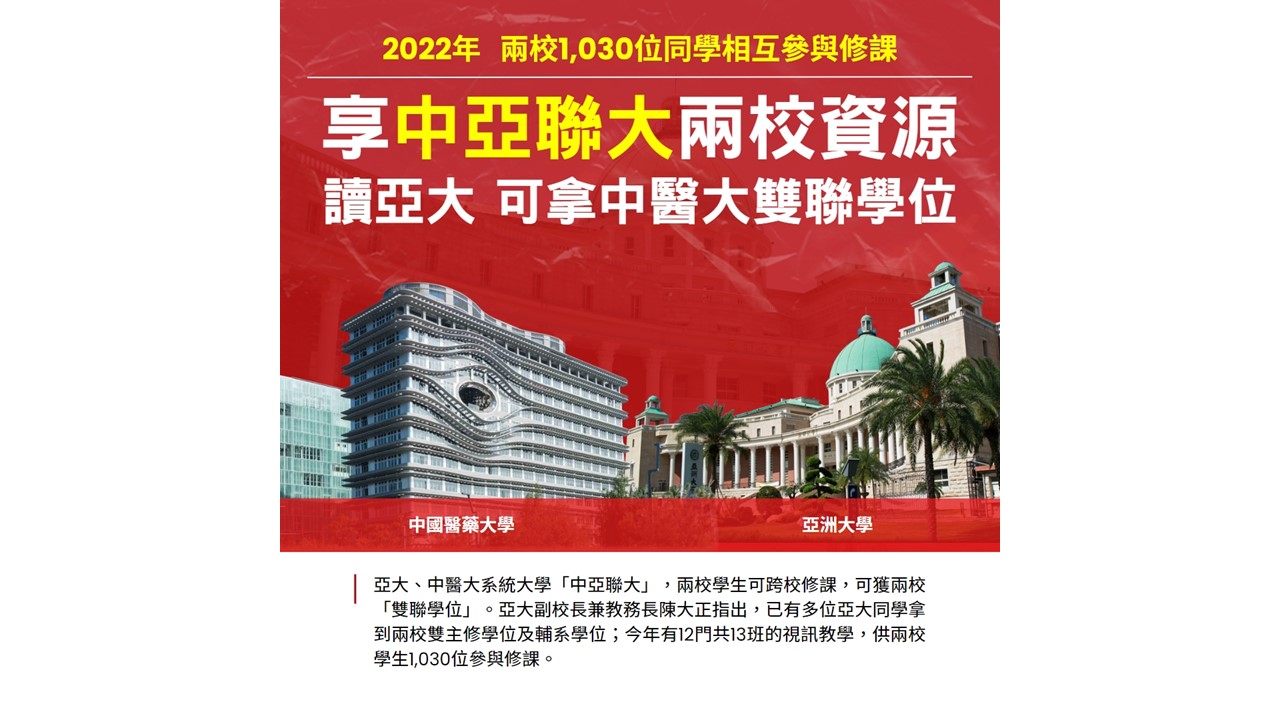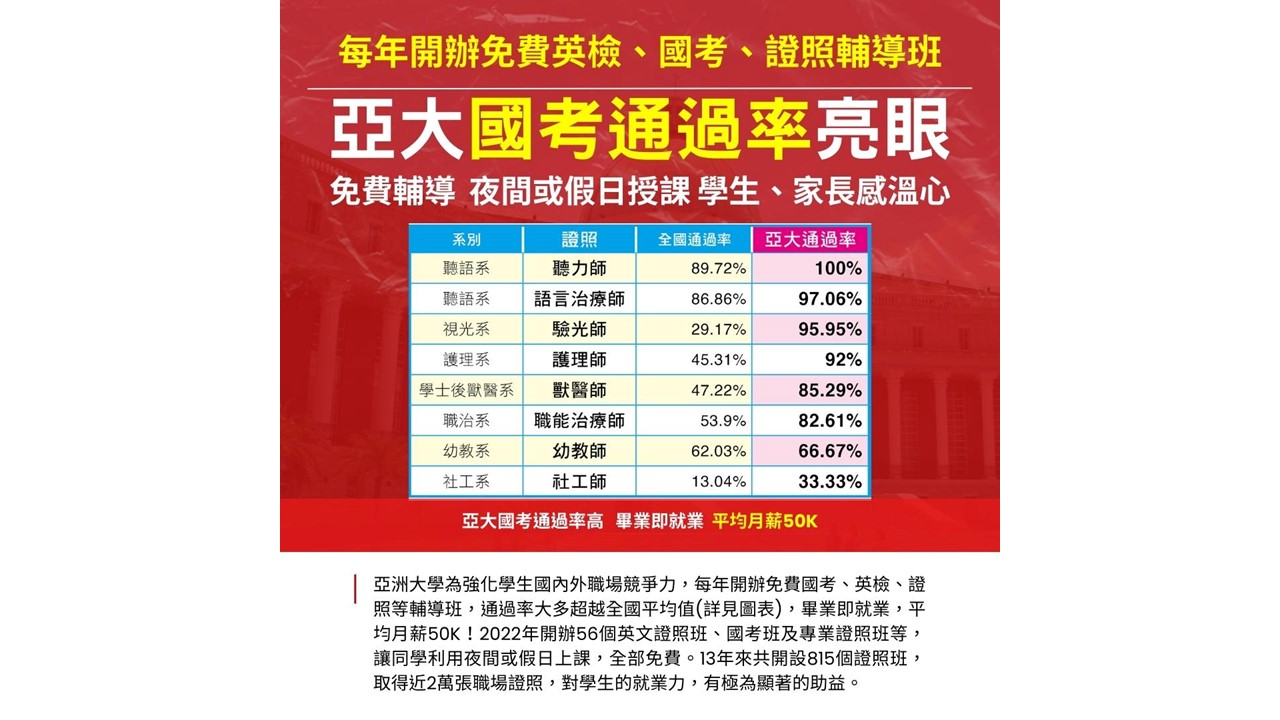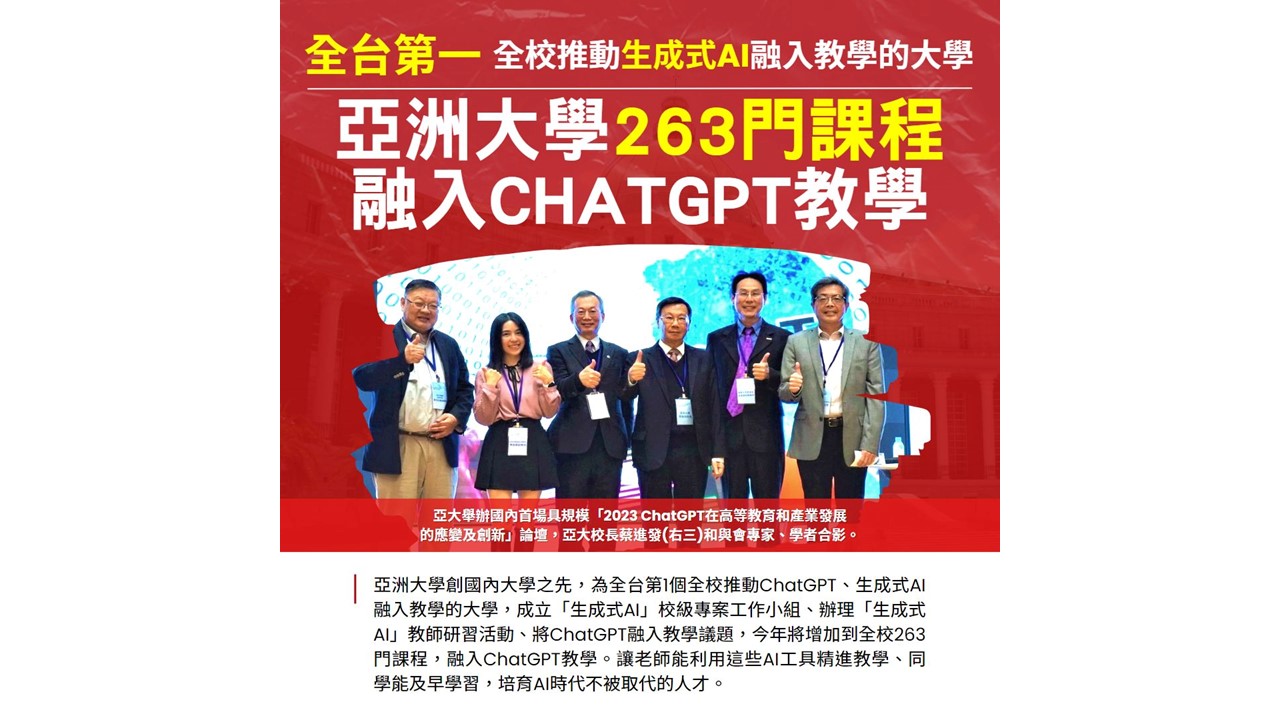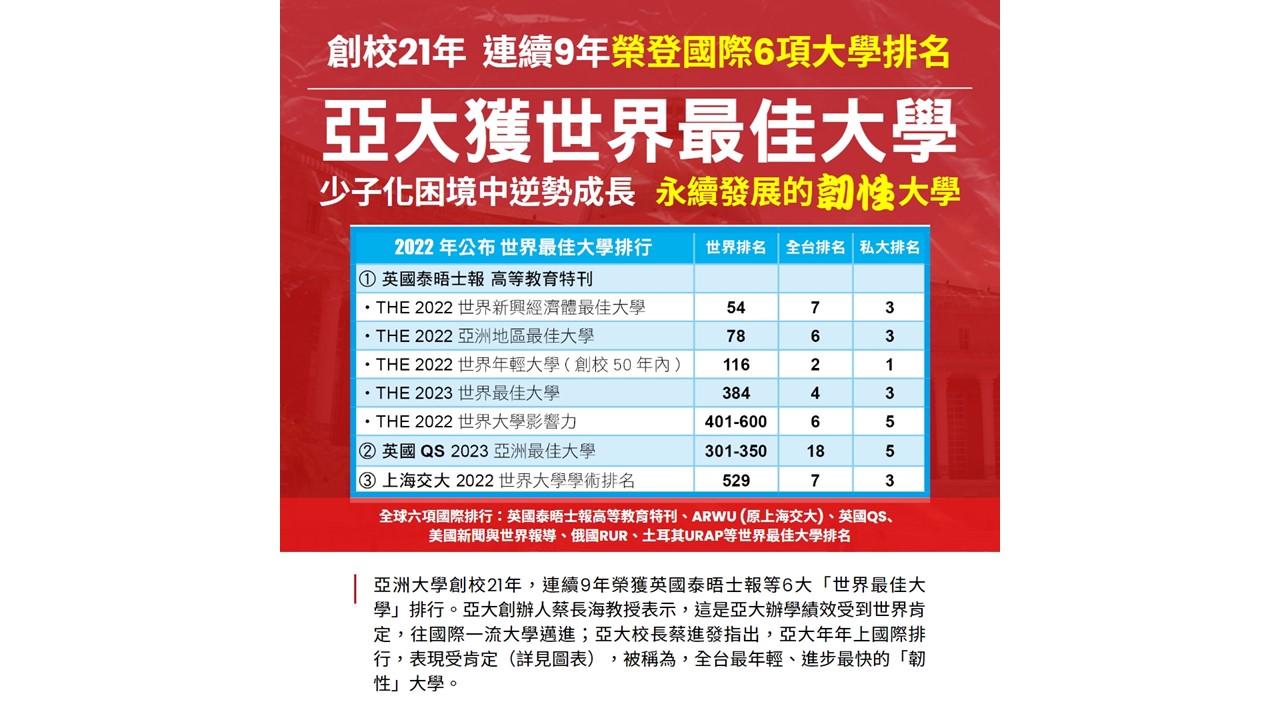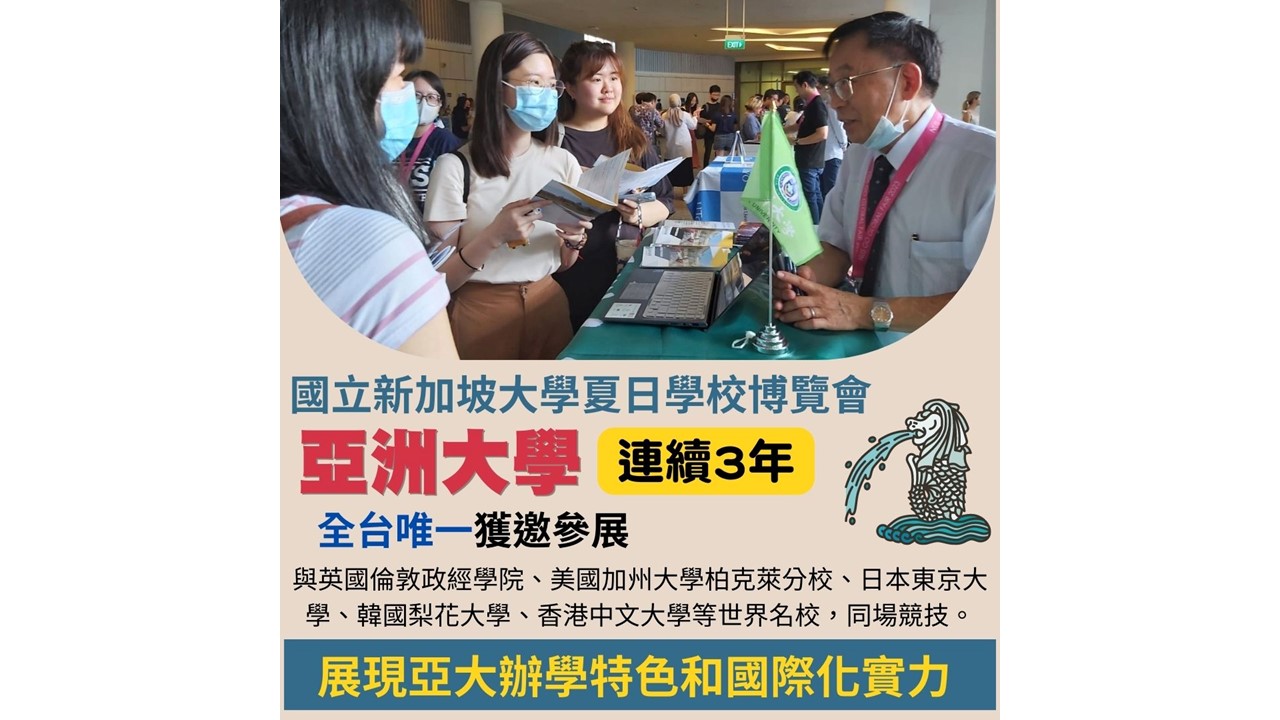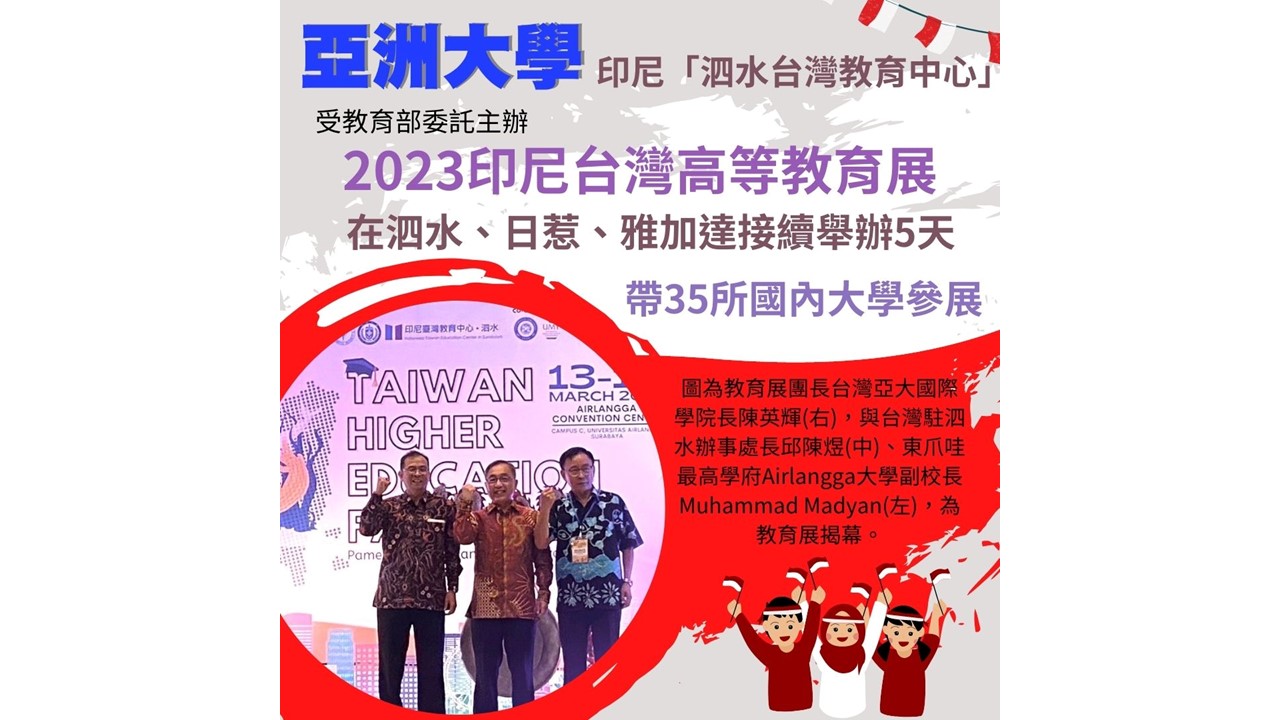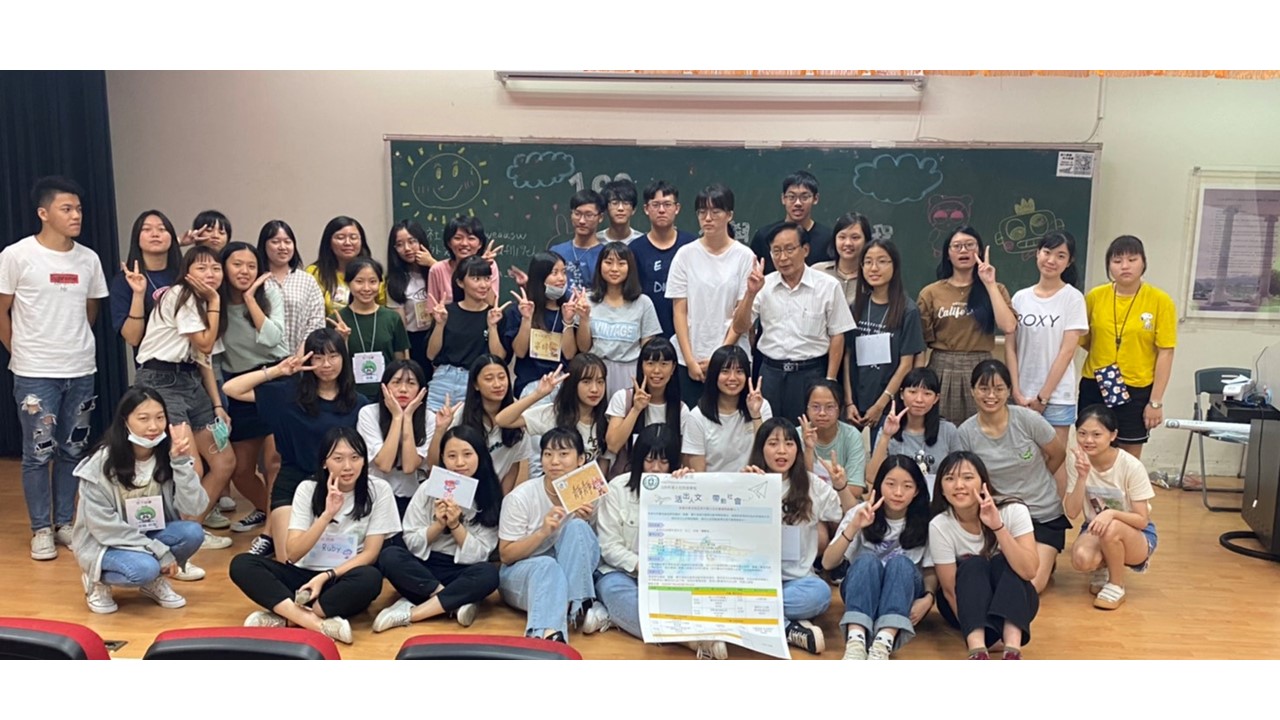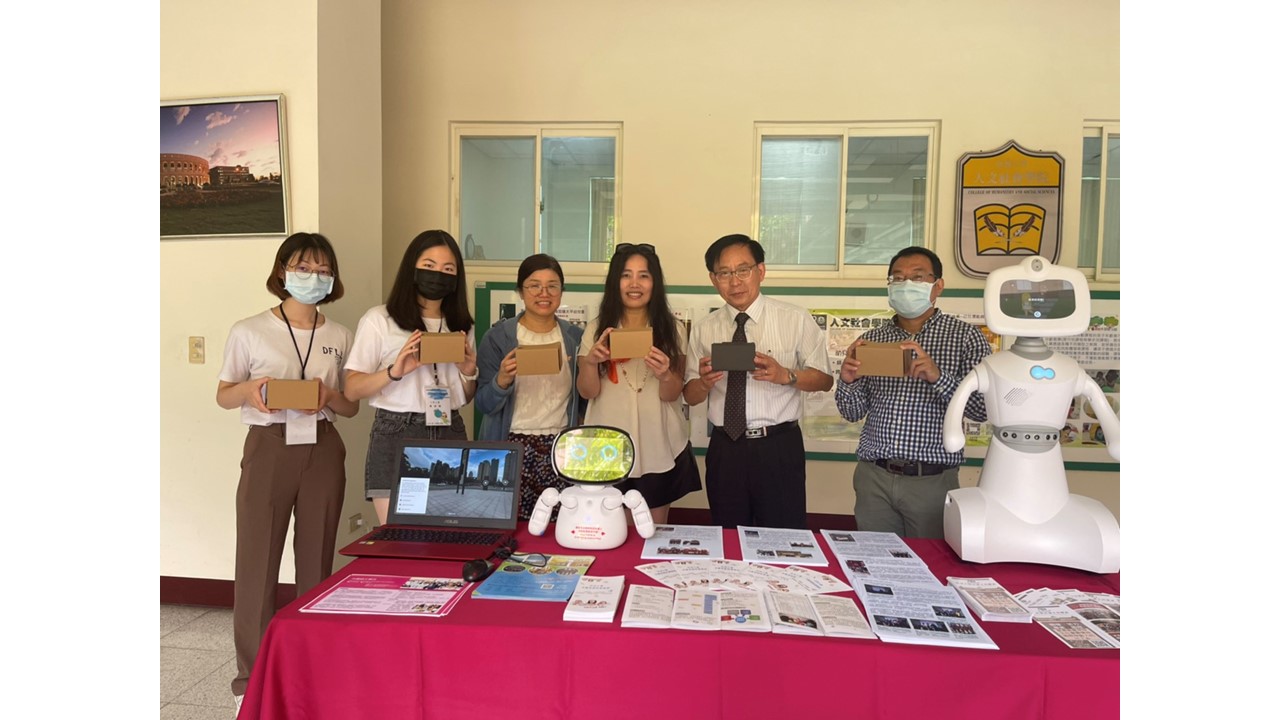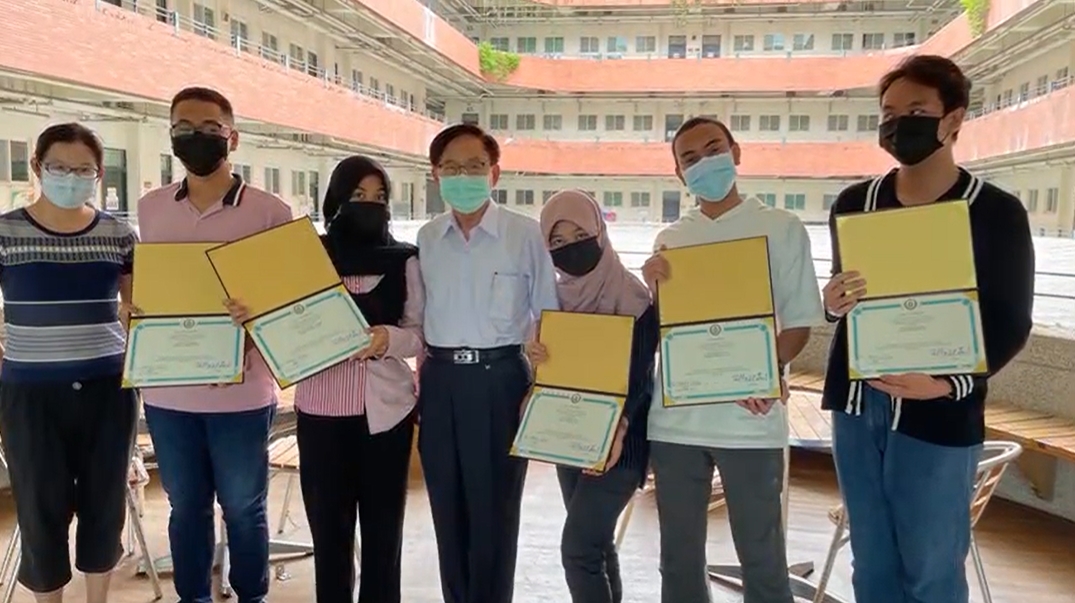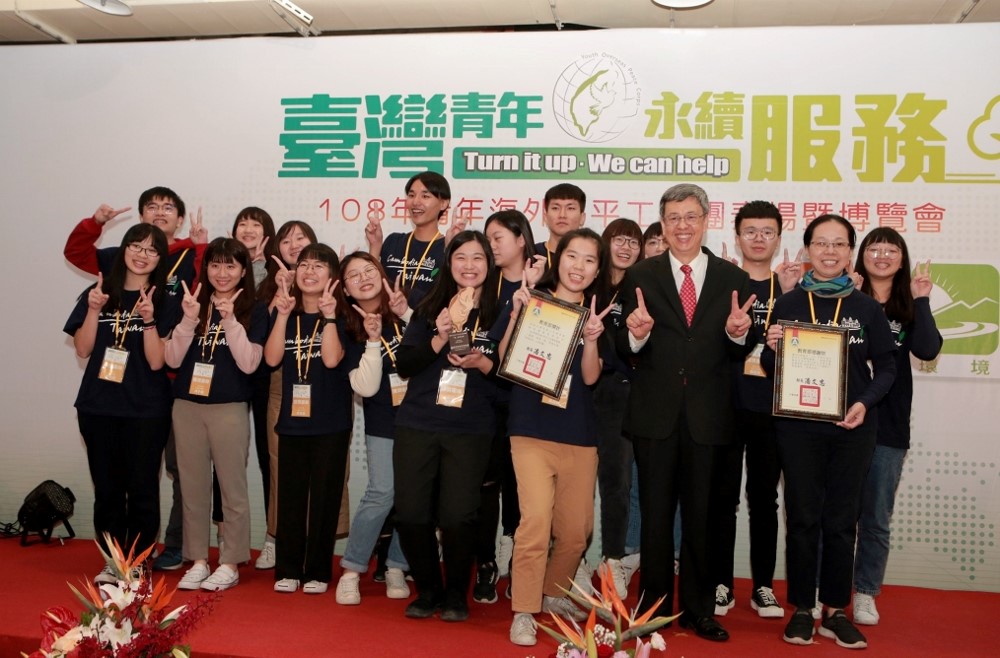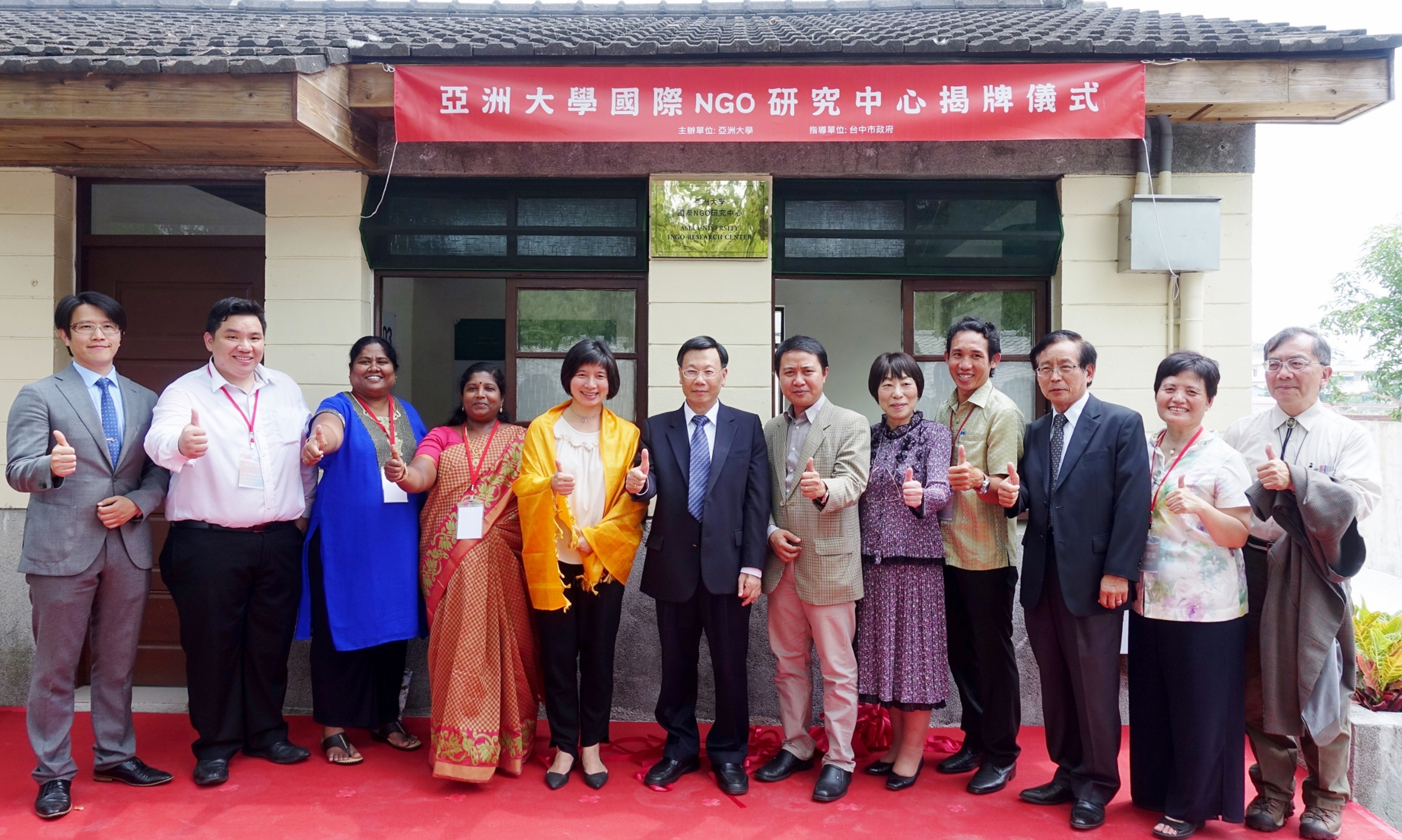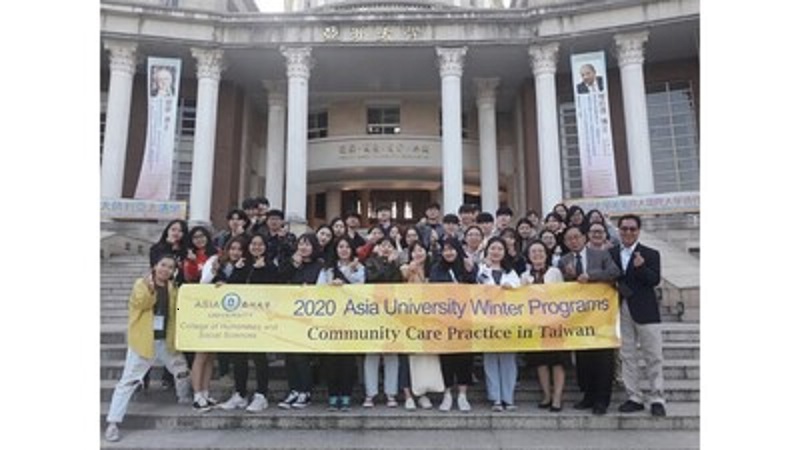Innovation in Teaching
I.Using Technology to Re-invent Education
In teaching we emphasize interaction between teacher and student and the practice of self-learning. We also make good use of technology to reinvent education and innovate pedagogy, practicing flipped classroom methods and MOOCs. Starting from the fall semester of 2016, we require our freshmen to take “Programming Language” course to cultivate their skills and knowledge in information technology, thereby helping them better adapt to the digital world. Each of our three departments in the College will continue innovating education in the following directions:
1.The Department of Foreign Languages & Literature (DFLL) will require students to take cross-disciplinary courses or modules as part of their graduation requirement. The DFLL will emphasize the importance of “learning by doing,” fostering in this manner students’ practical skills and knowledge to better meet the needs of the global market.
2.The Department of Early Childhood Education (DECE) will continue to implement practice of innovative teaching. The DECE will also encourage students to take cross-disciplinary courses or modules such as “Teaching English to Young Learners” or “Creative Design and Children Potential”. The DECE will also work together with the DFLL to design an English-taught program in language teaching for our international students.
3.The Department of Social Work (DSW) will continue encouraging students to engage in the practice of self-learning. The DSW will increase its collaboration with both industries and institutes to create more internship opportunities, helping students in this manner to gain practical skills and knowledge. The DSW will work together with Asia University Hospital to establish the internship for future social workers.
II. Future University
In our thinking of pedagogy and concept for future university, we resort to P21 Framework for 21st Century Learning (see below) as our guidelines in identifying areas of key competences and their supporting systemfor both learning and teaching.
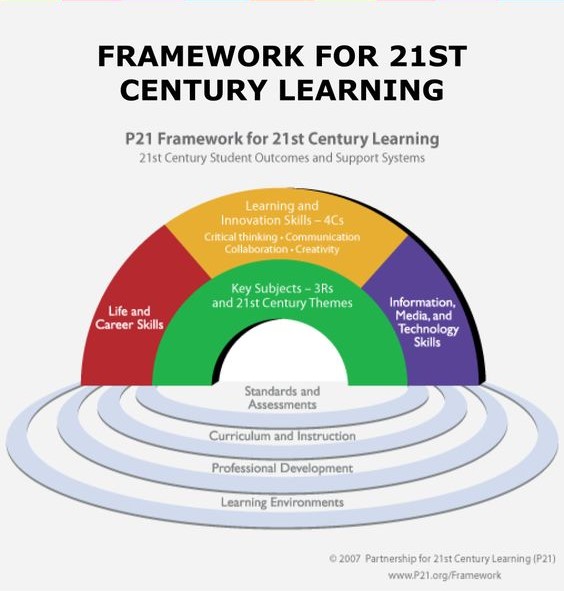
The College will consider the following facets and factors in its design of future college:
1.Relax regulations in terms of credit/hour mapping: We will create a mini-credit program, a third semester program, a self-learning program as well as a program for entrepreneurship to meet various needs of our students. We will continue to emphasize the importance of “learning by doing” in pedagogy.
2.We will make good use of the rich resources of local communities, making learning in this manner a borderless practice.
3.We will continue using technology to re-invent education, creating a paperless classroom environment. We expect that in three years at least 50% of the courses in the College could be taught online.
4.We will continue promoting cross-disciplinary programs, helping students in this manner to better round off their skills and knowledge.
5.We will emphasize the importance of task or project oriented practice as a key assessment of students learning outcome.
6.We will build a lab of our own to cope with the increasing needs of our faculty for the production of MOOCs.
III. Some key performance indexes (KPIs)in both teaching and learning
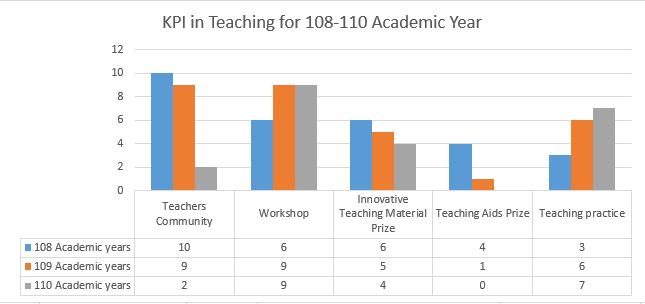
IV. College Strengths in Teaching & Learning
1.Faculty in general know how to make use of technology to re-invent education. Each teacher is required to select at least one course per semester for practicing flipped classroom. Quality flipped classroom courses are then encouraged to be transformed into MOOCs. The College has so far produced in total 9 MOOCs and some received gold medal awards from the government. Besides, Augmented/Virtual Reality (AR/VR) are also incorporated into teachers’ lesson plans to enrich both teaching and learning activities.
2.We continue promoting collaborative teaching between our teachers and experts from the industry, enhancing in this manner the practicality of both teaching and learning.
3.We continue promoting the so called 3+1 or 7+1 internship both at home and overseas, helping students in this manner to bridge the gap between the academia and the industry.
4.We require students to take cross-disciplinary programs to help them round off their skills and knowledge.
5.We require professional certificate as students’ graduation benchmark, equipping them in this manner with better employability.
V. Two Gold Medal Winning MOOCs
1. English Language MOOCs--On Efficetive Cross-culural Communication--won the Gold Medal in Learning Science for 2017.
2. English Language MOOCs-- On Global Mobility-- won the Gold Medal in Learning Science for 2015
